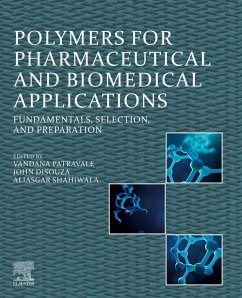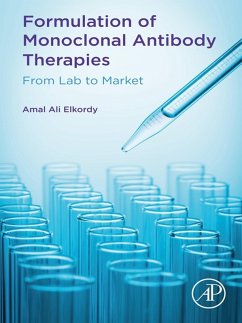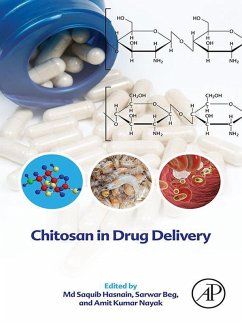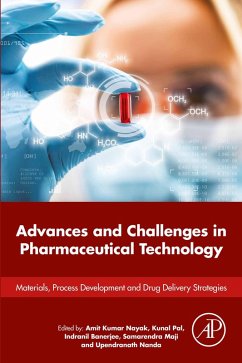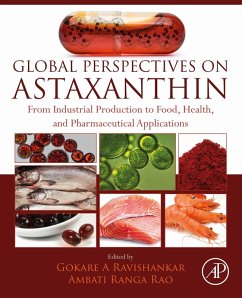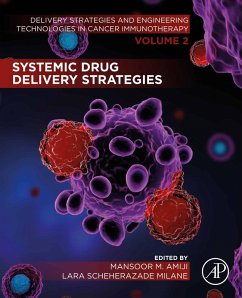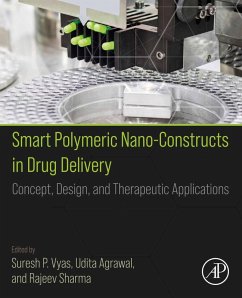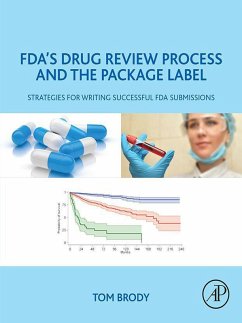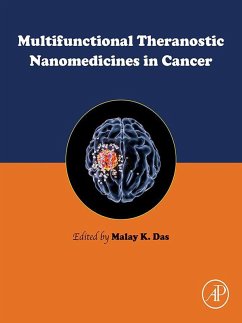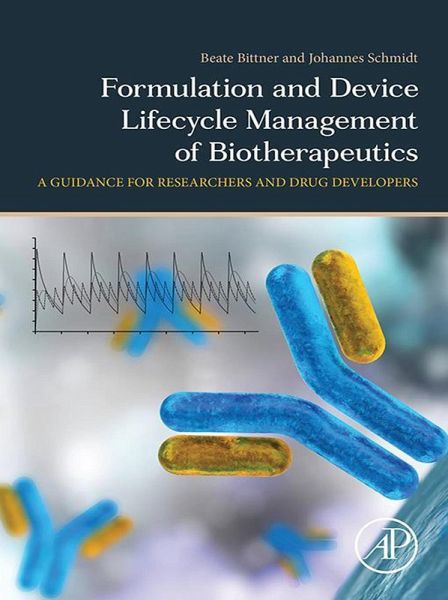
Formulation and Device Lifecycle Management of Biotherapeutics (eBook, ePUB)
A Guidance for Researchers and Drug Developers
Versandkostenfrei!
Sofort per Download lieferbar
127,95 €
inkl. MwSt.
Weitere Ausgaben:

PAYBACK Punkte
64 °P sammeln!
Today, the pressure on healthcare costs and resources is increasing, and especially for biopharmaceuticals that require parenteral administration, the inherent complex and invasive dosing procedure adds to the demand for efficient medical management. In light of the COVID-19 pandemic the value of drug delivery technologies in enabling a flexible care setting is broadly recognized. In such a setting, patients and their caregivers can choose the place of drug administration based on individual preferences and capabilities. This includes not only dosing in the clinic but also supervised at-home d...
Today, the pressure on healthcare costs and resources is increasing, and especially for biopharmaceuticals that require parenteral administration, the inherent complex and invasive dosing procedure adds to the demand for efficient medical management. In light of the COVID-19 pandemic the value of drug delivery technologies in enabling a flexible care setting is broadly recognized. In such a setting, patients and their caregivers can choose the place of drug administration based on individual preferences and capabilities. This includes not only dosing in the clinic but also supervised at-home dosing and self-administration for eligible patients. Formulation and Device Lifecycle Management of Biotherapeutics: A Guidance for Researchers and Drug Developers covers the various aspects of improving drug delivery of biological medicines with the ultimate goal to reduce dosing complexity associated with parenteral administration and, thus, enhance patient experience and drug administration-related healthcare capacity. The target audience are multidisciplinary researchers and drug developers in the pharmaceutical industry, biotech companies, and academia involved in formulation and device development. This includes pharmacology and medical experts in charge of generating nonclinical and clinical data to support approval of novel dosing regimens, and drug delivery scientists and engineers responsible for technical particulars of product optimizations. Moreover, professionals in market access and commercial functions are expected to benefit from the discussions about the impact of patient and healthcare provider needs and country-specific reimbursement models on realizing a truly convenient and cost and resource efficient drug delivery solution. - Summarizes formulation and device lifecycle management activities that enable customer-centric and sustainable drug delivery for biotherapeutics - Describes the pharmacokinetic-based clinical development pathway for subcutaneous dosing alternatives to established intravenous formulations for monoclonal antibodies - Details established clinical development pathways supporting the approval of automated subcutaneous injection devices and proposes novel concepts - Discusses how to realize home- and self-administration of biotherapeutics in cancer care - Highlights aspects of multidisciplinary formulation and device lifecycle management that can be leveraged across different disease areas and introduces a decision architecture on when and how drug developers should embark into related development activities
Dieser Download kann aus rechtlichen Gründen nur mit Rechnungsadresse in A, B, BG, CY, CZ, D, DK, EW, E, FIN, F, GR, HR, H, IRL, I, LT, L, LR, M, NL, PL, P, R, S, SLO, SK ausgeliefert werden.




